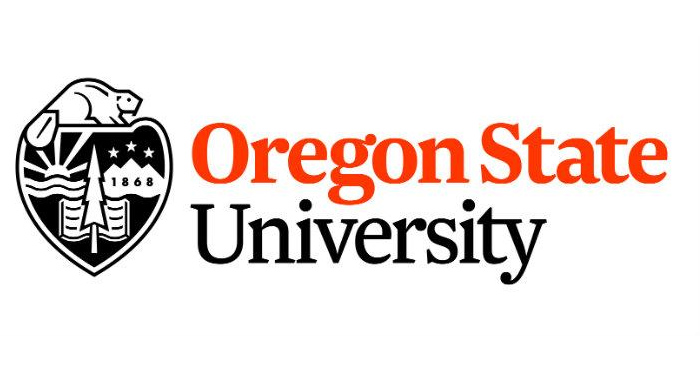Back in 2015–16 I published a set of short affordable e-books for doctoral students – or, in the case of the first book, would-be doctoral students. Starting Your PhD: What You Need To Know was free on all platforms, because I wanted it to be easily accessible for people thinking about maybe doing a PhD or a professional doctorate such as an EdD or DBA. The other five were each around the price of a coffee in the UK, which seemed a reasonably affordable price.
Over the last year I have revised these e-books thoroughly and the second editions are now available. The first e-book is still free on all platforms except Amazon, because now the minimum price for a Kindle e-book appears to be 77 pence in the UK (and presumably equivalent amounts elsewhere). If you only have a Kindle, I recommend getting the e-book from Payhip where you can get a free epub.
I have updated all the text, references and resources in each of the books. Also, this time around I used a formatting service. I would have liked to do that last time but I couldn’t afford it – I paid for editing and cover design, and that was all I could manage. This time I used the same covers with a ‘second edition’ banner added, and my support worker did the editing for me. So I was delighted to be able to work with Leigh Forbes of Blot Publishing, a hugely experienced formatter of e-books and paper books. Her advice was consistently helpful and her professional approach made working with her a pleasure.
To celebrate the launch of these second editions, I am offering them to readers of this blog post at half price until 9 May 2023. This is also through Payhip where if you use this code at the checkout – RLCFPO6XU9 – you should receive 50% off any of the e-books. Or you can buy all six in a bundle, which is priced at £15.00 on Payhip, cheaper than Amazon UK where the whole series is currently £18.22. The 50% off code will work for the bundle too. Please feel free to share the code with others in your networks, though do also tell them about its expiry date.
In case it’s of interest, I am not doing this as a money-making exercise. The first editions never even covered their costs, let alone making any profit to pay for the time I spent in writing and publishing them. I charge for five of the e-books because (a) I am an eternal optimist and they might cover their costs this time and (b) I know that, bizarrely, people value things more if they cost money than if they are free.
I got ‘paid’ in good reviews which were heartening and encouraging to read. However, a downside of producing second editions is that all the first edition reviews have disappeared. I hope some people will write new ones soon, to help potential purchasers. Maybe even you!
This blog and the videos on my YouTube channel are funded by my beloved Patrons. Patrons receive exclusive content and various rewards, depending on their level of support, such as access to my special private Patreon-only blog posts, bi-monthly Q&A sessions on Zoom, free e-book downloads and signed copies of my books. Patrons can also suggest topics for my blogs and videos. If you want to support me by becoming a Patron click here. Whilst ongoing support would be fantastic you can make a one-time donation instead, through the PayPal button on this blog, if that works better for you. If you are not able to support me financially, please consider reviewing any of my books you have read – even a single-line review on Amazon or Goodreads is a huge help – or sharing a link to my work on social media. Thank you!


 This post was requested by people in the Facebook group of the
This post was requested by people in the Facebook group of the  As you probably know, I am interested in
As you probably know, I am interested in  A year ago I launched
A year ago I launched  Hello lovely blog readers, I’m back from my summer break (short holiday, long stretch in writing cave) and will be blogging regularly again through till mid-December. Though this week’s blog post is in fact a podcast! The estimable
Hello lovely blog readers, I’m back from my summer break (short holiday, long stretch in writing cave) and will be blogging regularly again through till mid-December. Though this week’s blog post is in fact a podcast! The estimable  Systems of research ethics regulation differ around the world. Some countries have no research ethics regulation system at all. Others may have a system but, if they do, it is only available in their home language so people like me who only speak and read English are unable to study that system (
Systems of research ethics regulation differ around the world. Some countries have no research ethics regulation system at all. Others may have a system but, if they do, it is only available in their home language so people like me who only speak and read English are unable to study that system (![Research ethics in the real world [FC]](https://drhelenkara.files.wordpress.com/2018/08/research-ethics-in-the-real-world-fc.jpg) My book launch was yesterday afternoon, and it was a peak experience –
My book launch was yesterday afternoon, and it was a peak experience – ![Research ethics in the real world [FC]](https://drhelenkara.files.wordpress.com/2018/05/research-ethics-in-the-real-world-fc.jpg) For the last three-and-a-quarter years I have been writing
For the last three-and-a-quarter years I have been writing  Are you grappling with research ethics? If so, fear not, for there are numerous free resources online to help you. Here are some examples.
Are you grappling with research ethics? If so, fear not, for there are numerous free resources online to help you. Here are some examples.